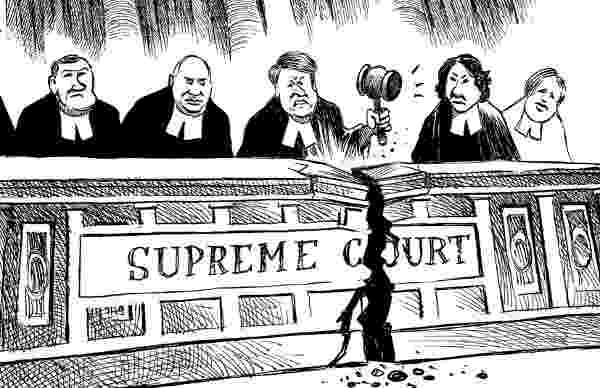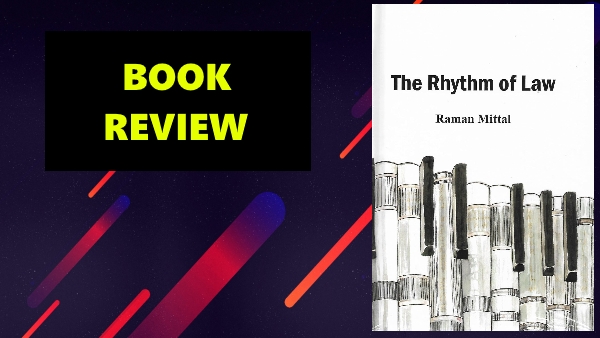Masroor Ahmed vs. State (NCT of Delhi) case has clarified the insights of talaq where the issue was whether the talaq can be revocable and can the attempts of reconciliation can also be made after the pronouncement.
Facts of Masroor Ahmed case:
- Aisha Anjum, the complainant filed a written complaint in a police station on 12.12.2006. She stated that her marriage was sanctified with her husband, the petitioner on 2.4.2004 in accordance with Muslim Law. They lived together till 8.4.2005.
- According to the complaint she was thrown out of her matrimonial home for non-fulfillment of dowry for which she had complained to the “Crime Against Women Cell”.
- The petitioner alleged that before October 2005 he tried to reconcile with her but because of her reluctant attitude; he became angry and articulated the word talaq to his wife in presence of his brother-in-law and another man. The facts of the purported talaq were not communicated to her.
- On 23.6.2006, the petitioner sued for restitution of conjugal rights in the senior civil judge court. The court passed a judgment that stated that the defendant is ready to join the company of the plaintiff.
- The second nikah was performed between the two on 19.4.2006. There was a dispute between the two again and the petitioner pronounced talaq again on 28.8.2006 and they lived separately.
- The complainant again filed a complaint before the Crime Against Women Cell on 6.9.2006.
- According to the complaint, the petitioner and the complainant had sexual intercourse on 13.4.2006 and 19.4.2006 when he was not her husband lawfully.
- She filed a written complaint regarding alleged rape committed on these dates under Sec 376 IPC on 12.12.2006. The session court dismissed the bail application made by the petitioner. The petitioner made an appeal to the High Court.
LEGAL ISSUES:
- Whether alleged talaq which was made in October 2005 is valid?
- Could the High Court exercise power under Sec 482 of CrPC in this case?
- Could rape charges be framed in this case?
RATIO DECIDENDI:
The Hon’ble Judge present to hear this case was Justice Badar Durezz Ahmed. He was of the opinion that:
- The purported talaq made was invalid, as held in Shamim Ara vs. State of UP an attempt of reconciliation must precede the pronouncement of talaq.
- Talaq would be held invalid in the absence of a wife but, if the wife is communicated about the same on the same date of pronouncement then can be made effective. Here, the talaq was never communicated to the wife at least not on the relevant dates.
- Second, the settlement between the petitioner and the complainant would itself have been sufficient for this court to exercise its integral powers to put an end to the FIR as the settlement between them brings an end to the legal matrimonial encounters.
- Third, since the marriage between them was still subsisting, the second nikah had no effect. It does not make the offence of rape out. Here the exception in Sec 376 IPC applies. The exception says sexual intercourse between a man with his wife not being under fifteen years of age is not rape.
DECISION:
The court ordered that the FIR stands quashed and all the pending proceedings from the said FIR stands quashed.
CONCLUSION:
Talaq in its primitive sense means de-mission. In a literal sense, it means setting free. In Muslim Law, it means free from the bondage of marriage and not any other bondage. The issue of instant triple talaq has been dealt by the Courts for a long time now.
Found Masroor Ahmed vs. State (NCT of Delhi) Case case summary useful? We have a bunch of useful topics from family law that will help you in your preparation here >>> FAMILY LAW
Check out our YouTube Channel for free legal videos >>> LAW PLANET YT






